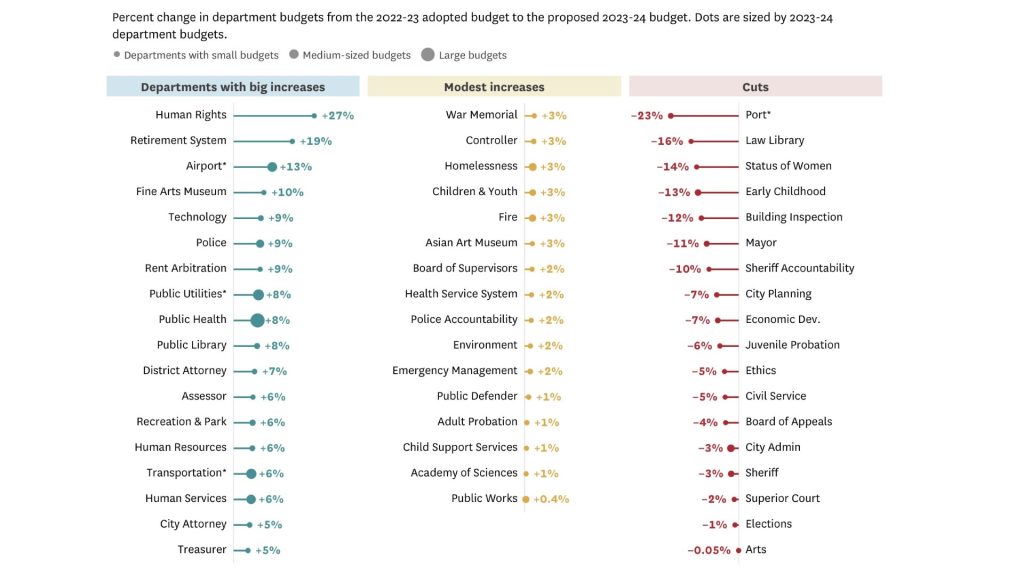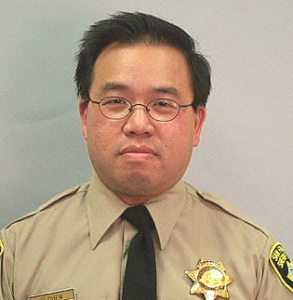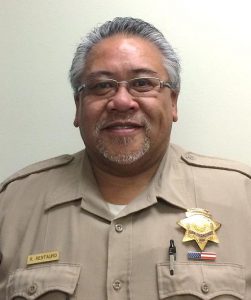In the fast-paced world of law enforcement, we’re all too familiar with the challenges of securing top-notch talent while balancing the books. As we navigate this landscape, one tactic gaining traction is the introduction of cost-neutral lateral officer signing bonuses tailored to recognize the value of all ready trained Deputy Sheriffs and Police Officers. By cutting out the costs tied to academy training, wages, and benefits, often stretching over 6 to 9 months, we can redirect these savings into an enticing signing bonus program for lateral officers which have all ready been trained and have experience, boasting an impressive $75,000.00 similar to Alameda’s Police Sign On Bonus.

Skipping the expenses typically associated with conventional academy training, including instructor fees, equipment purchases, and administrative overhead, frees up a significant chunk of the agency’s budget. Not to mention, bypassing the need to pay wages and benefits to new recruits during their training phase adds to the pot of saved resources. This move acknowledges the skill set and know-how of experienced officers, making long-drawn training periods obsolete and, as a result, bringing in substantial savings for the agency.
By funneling these funds into an attractive signing bonus package, our law enforcement agency positions itself as a competitive and appealing career destination for seasoned professionals. This $75,000.00 sign-on bonus stands as a testament to our recognition of the expertise and dedication of our lateral officers. It’s a powerful motivator for experienced officers to consider making the shift to our team. Their inclusion not only fortifies our operational capabilities but also nurtures a dynamic and diverse work environment brimming with specialized knowledge and honed skills.
With a firm commitment to fiscal responsibility and the nurturing of a high-caliber workforce, the strategic introduction of cost-neutral signing bonuses signals a significant shift in our recruitment approach. By shrewdly redirecting savings from omitted training costs, we demonstrate our unwavering dedication to attracting top-tier talent and bolstering our operational prowess, all in the service of upholding the highest standards of public safety and community well-being. San Francisco needs to implement Sign On Bonuses Now!


 The robbery, unbeknownst to Sr. Deputy Chew, originated outside the Civic Center headquarters of the San Francisco
The robbery, unbeknownst to Sr. Deputy Chew, originated outside the Civic Center headquarters of the San Francisco  On April 18th, 2015 the San Francisco Sheriff’s Department took great pride in honoring four of our own at the Lion’s Club 52nd Annual Peace Officers, Firefighters and Sheriffs Awards Banquet. Up for accolades for acts above and beyond the call of duty are Sgt. Restauro, Sr. Deputy Clauzel, Deputy Li and Deputy Simms.
On April 18th, 2015 the San Francisco Sheriff’s Department took great pride in honoring four of our own at the Lion’s Club 52nd Annual Peace Officers, Firefighters and Sheriffs Awards Banquet. Up for accolades for acts above and beyond the call of duty are Sgt. Restauro, Sr. Deputy Clauzel, Deputy Li and Deputy Simms. In February of 2015, San Francisco Sheriff’s Sgt. Restauro and San Francisco Sheriff’s Sr. Deputy Clauzel intervened to save the life of a Zuckerberg San Francisco General Hospital (SFGH) employee. The employee, who was depressed and suicidal, went missing after brandishing a razor. During their search, Sgt. Restauro and Sr. Deputy Clauzel contacted law enforcement departments from as far away as Arizona, utilized ingenuity in following up on various investigative leads, and worked closely with the employee’s family.
In February of 2015, San Francisco Sheriff’s Sgt. Restauro and San Francisco Sheriff’s Sr. Deputy Clauzel intervened to save the life of a Zuckerberg San Francisco General Hospital (SFGH) employee. The employee, who was depressed and suicidal, went missing after brandishing a razor. During their search, Sgt. Restauro and Sr. Deputy Clauzel contacted law enforcement departments from as far away as Arizona, utilized ingenuity in following up on various investigative leads, and worked closely with the employee’s family.